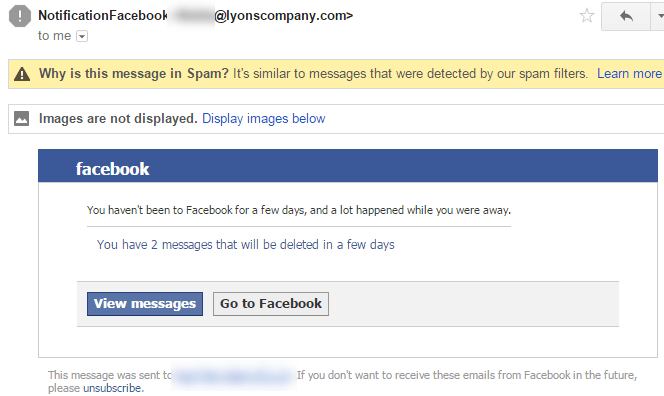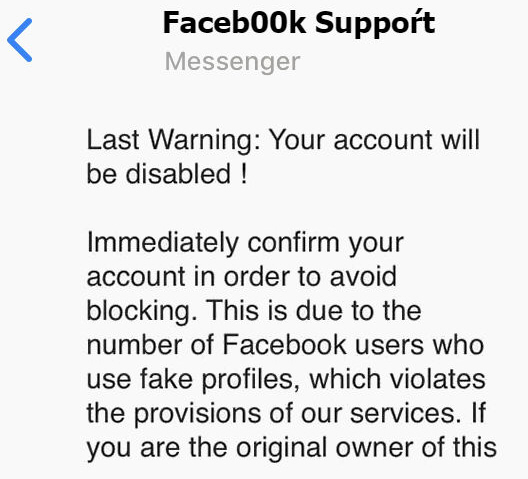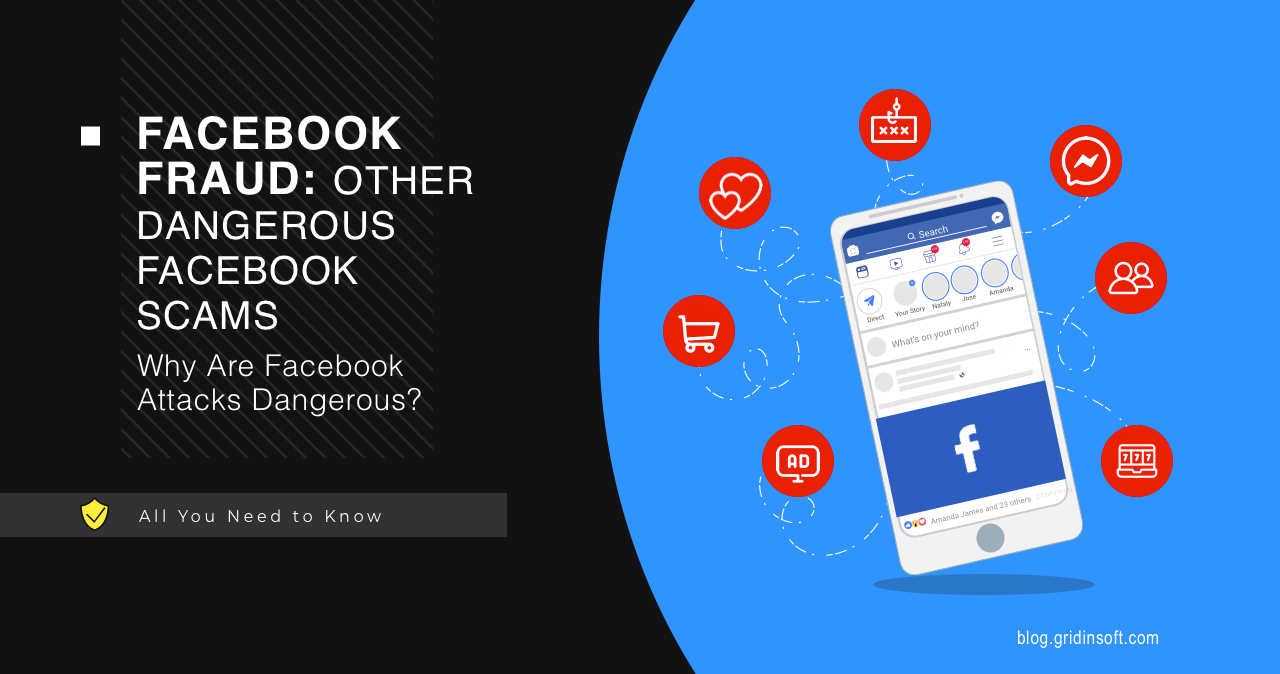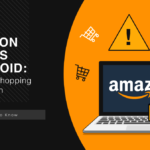Facebook is probably one of the most popular platforms for online communications. For that reason, it is also a favorite place for scammers. According to a survey of 1,005 adult Facebook users who reported incidents of fraud in the United States, users of the platform are being attacked in various ways. Thus, fifteen percent of those surveyed said they had been asked to pay to apply for a job, and 27% reported that someone had asked them to send money or gift cards to get a reward. While both are typical scam schemes on Facebook, this is a tiny part of what you may encounter on this social network. So keep reading, and next, we’ll look at the most common Facebook Fraud.
Why Are Facebook Fraud Dangerous?
If the problem were negligible, it would have been written about less. Nevertheless, according to the U.S. Federal Trade Commission, more than 95,000 people have reported about $770 million in losses due to Facebook Fraud. Moreover, reports of people losing money due to Facebook attacks undertaken on social media have more than tripled in the last year.
Top Facebook Fraud You Need To Know
The most common online fraud schemes are Facebook phishing emails, loan offers, profile cloning, fake live streams, dishonest pranks, and cryptocurrency scams. More things existed earlier, and even more may peek out in future. We will now break down the most popular points in more detail about Facebook fraud.
Facebook Email Scams
You get an email that looks like it came from Facebook, but it doesn’t. It may use the Facebook logo and look like the real thing. More often than not, the email prompts you to log in to your Facebook account to read an important message or protect your account. In some cases, scammers may threaten to make you act quickly and without hesitation. For example, they may write that all of your messages will be deleted (due to your inactivity on the platform) if you don’t log in.

The link they offer you to follow leads to a website copy, that aims at grabbing the credentials you type there. This is popular and dangerous examples of Facebook attacks. However, the link in the email is malicious. Suppose you click on it and enter your information. Then scammers can send messages to your friends, post content pretending to be you, or try to use your information to access your financial accounts.
Facebook Marketplace Scams
Since so many of us use the Facebook Marketplace to make sales and purchases, there is a chance of getting caught up in Facebook scams that affect how we trade and buy things online. These can be scammers asking for extra postage, people posing as legitimate businesses, or sellers selling authentic “celebrity-signed merchandise“. Unfortunately, such scam threatens financial losses and leakage of personal information, such as credentials or your bank card data.
Facebook Dating Scams
This is one of the oldest scams associated with scammers who pose as love interests. These fake romantics are people you’ve never heard of before. They pretend to have experienced a traumatic breakup or use flattery to woo you. This scam is designed to play on your emotions. However, it always ends the same way – in the end, they ask you to send money. If you give in to their pleas, you’ll end up without money.
Facebook Lottery Scam
Lottery scams are often carried out using accounts or pages impersonating someone a person might know in real life. Scammers can also pretend to be an organization, a government agency, or Facebook administration. The fraudulent messages claim that the recipients have been selected as one of three fake lottery winners. This Facebook email spam acts as a phishing scam. That is, the goal is to extract sensitive information. With the help of social engineering, scammers can repeatedly extort money from the victim. They will claim it is a “commission,” which cannot be deducted from the prize for some complicated legal reason. In addition to the financial cost, the victim may give their personal information to the scammers, leading to even more unpleasant consequences.
Facebook Messenger Scams
Whether it’s a friend or a stranger who sent you this message, you might panic when someone leaves you a message like “Oh my God, look what they’re saying about you” and click on the link to find out what’s going on. Again, it’s about letting your curiosity take over and making your inquisitive nature say, “I want to know” But don’t click! A vague message makes you suspicious, and clicking on it can download malware onto your computer or phone.

Links may lead to exploit sites that aim at tracking your location and, if possible, delivering malicious software.
Facebook Messenger – Fake Messages From Friends
Please be skeptical if you receive a friend request from someone with whom you already have in your Facebook friends. Fraudsters clone the person’s entire Facebook profile, creating a fake one. From your “friend’s” page, the hacker may send a link to a get-rich-quick scheme or an excellent quote, which you would ignore from an anonymous email but not from a trusted friend. The consequences are similar to the previous case.
Facebook Fraud Marketplace – Car Scams
This scam involves scammers trying to scam people who want to buy a car through the marketplace. The con is that the scammer puts the price of the car much lower than its actual value. The scammer also claims to have arranged a deal with eBay Services in advance, so the buyer sends the money, and the car is shipped in at least three days. Next, the buyer has five days to inspect the vehicle before “service” transferring money to the seller. However, after the money is sent, the seller disappears, and obviously, no car arrives for the victim.
Another kind of this scam means scammers list the same items at different prices from multiple fake Facebook accounts. Usually, their prices are much lower than comparable prices. This is done to entice the victim. But once the victim negotiates the price and pays them, the goods never arrive. Many of these accounts previously belonged to legitimate users who stopped using Facebook without realizing that someone else had access to their account or was hacked and sold on Darknet after the hack.
Facebook Ad Scams
Another tried-and-true tactic is to play on money savers. Hackers offer victims these bargains, for example, through fake apps promising deals. Unfortunately, the app is a Trojan horse. When users install it on their devices to get coupons or discounts, they only get malware.

Scammer List on Facebook
This list was probably created by victims who had suffered at the hands of these scammers. Most likely, it was supplemented in the process and consisted of scammers or dubious traders, or services





